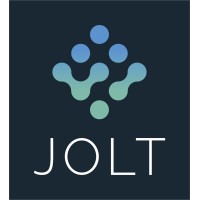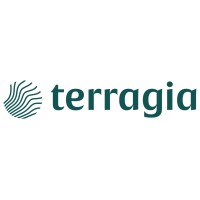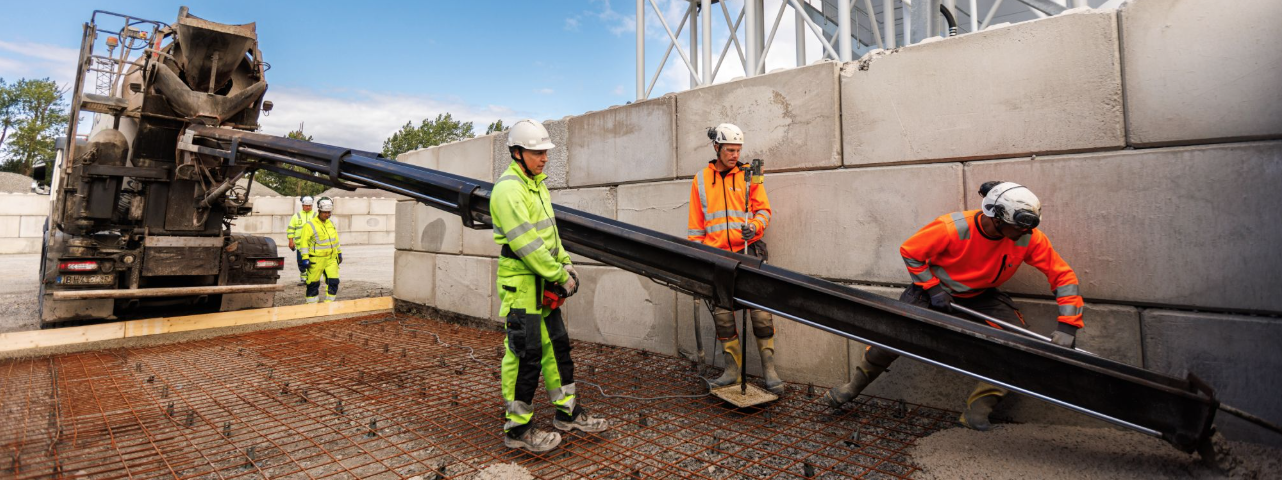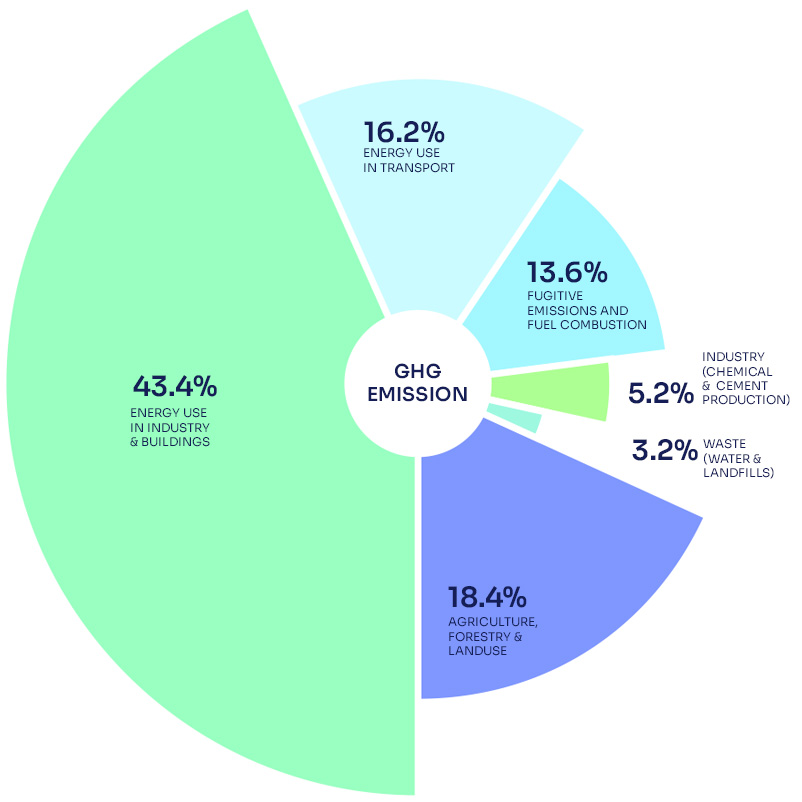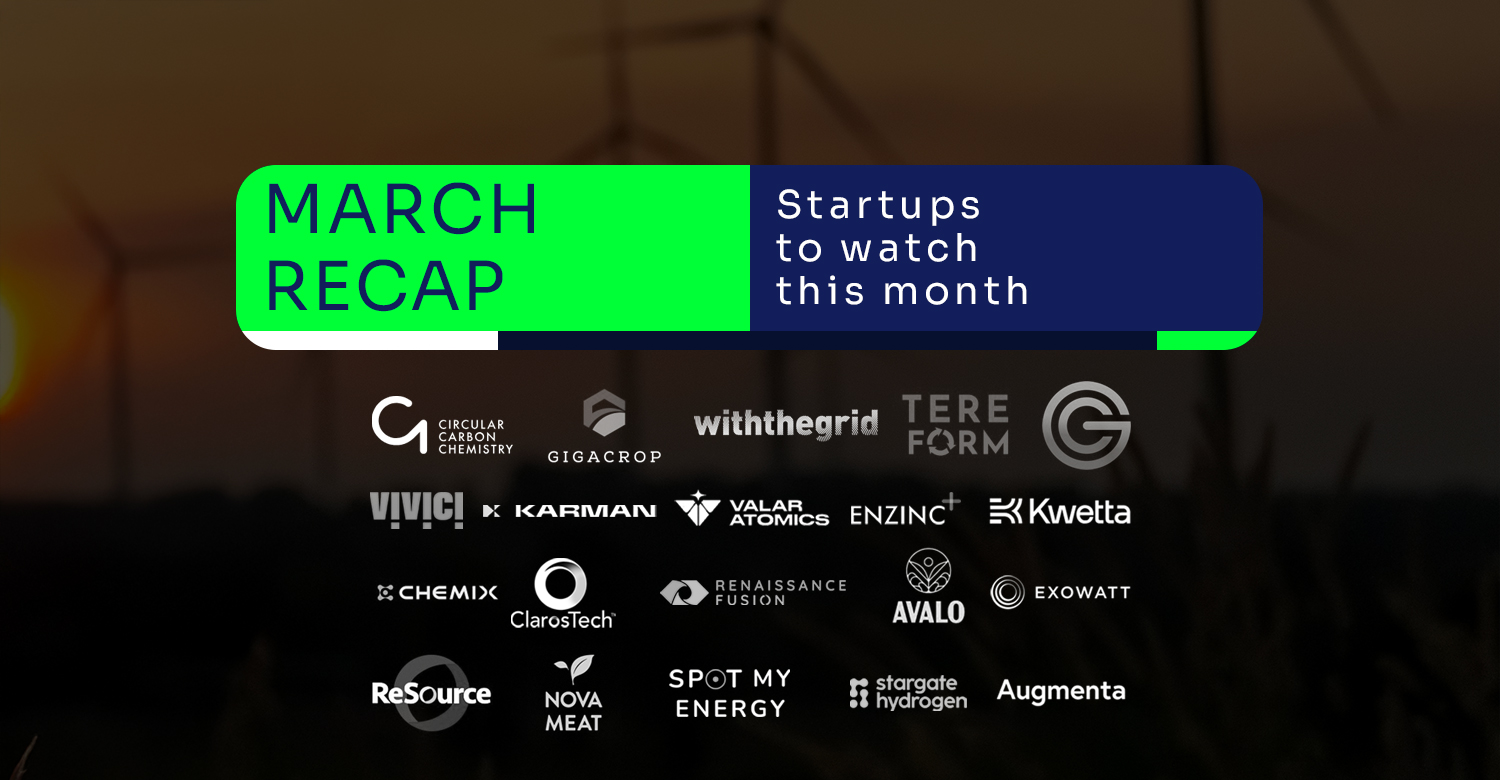January Week 2, 2025: Welcome to our ongoing blog series, where we spotlight the most promising climate tech startups. Each week, we feature five companies and add them to our running list of innovative companies driving solutions across sectors with the highest potential for greenhouse gas (GHG) reductions.
- Energy: How Do We Plug In? This sector represents one of the largest opportunities for GHG reduction. The shift to renewable energy sources, grid modernization, and improved energy storage solutions could reduce emissions by up to 420.60 GT. Startups focusing on grid modernization, energy storage, and decentralized energy solutions are making an impact in transforming how we generate, distribute, and consume electricity.
- Food, Agriculture, and Land Use: How Do We Eat and Grow Things? This sector holds the potential to mitigate between 226.50 and 312.00 GT of emissions. The challenges lie in addressing deforestation, improving soil health, and reducing food waste. Startups promoting regenerative agriculture, plant-based alternatives, and efficient land management practices can play a critical role in transforming food systems and restoring ecosystems.
- Industry: How Do We Build and “Circulate Things”? Industrial processes account for a significant portion of global emissions, with a potential reduction of up to 166.00 GT. The key challenge is decarbonizing heavy industries such as cement, steel, and chemicals. Startups that introduce cleaner production technologies, alternative materials, and carbon capture solutions can reduce emissions while supporting reindustrialization.
- Buildings: How We Live and Adapt? contribute heavily to emissions through energy consumption and construction practices, with potential reductions of up to 88.40 GT. The challenge is transitioning to energy-efficient buildings and sustainable materials while retrofitting existing infrastructure. Startups working on smart building technologies, insulation, and low-carbon materials can drive decarbonization in this sector.
- Transportation: How Do We Move Around? emissions could be reduced by up to 144.30 GT through the adoption of electric vehicles, improved public transit systems, and sustainable logistics. Key challenges include battery technology, charging infrastructure, and transitioning fleets. Startups innovating in mobility solutions, hydrogen fuel cells, and sustainable aviation can accelerate the sector’s decarbonization.
Each month, we add these startups to our running list, which we have categorized based on fuel emission sector data from Project Drawdown.
These sectors are as follows:
Why did we decide to focus on the five specific sectors?
These sectors present immense opportunities for innovation as well as addressing critical challenges related to GHG emissions. By narrowing our focus to these areas, we can better align our mission with impactful solutions and support founders who are driving meaningful change.
By spotlighting these startups, we aim to support founders by providing them with networking and exposure opportunities that can help them scale and finance their solutions.
Do not hesitate to join our collective movement by requesting your membership.
With care,
Guillaume and the SBC TEAM
Industry
Founded: 2022 – Barcelona, SP
Leadertship: Leon Rizzi
Elevator Pitch: Jolt Solutions is revolutionizing industrial catalysis with its patented SPARKFUZE process, delivering next-generation electrodes that are greener, more efficient, and cost-effective. By eliminating the need for traditional electrolysis methods and green chemicals, Jolt enables scalable and durable solutions for key sectors like green hydrogen, redox flow batteries, and carbon reduction technologies.
Problem they solve: The traditional electricity grid is outdated, opaque, and reliant on fossil fuels, making it inefficient, expensive, and environmentally harmful. Customers lack transparency and control over their energy use, while the grid struggles to fully harness renewable energy, impeding the transition to a clean energy future.
Impact: Jolt’s breakthrough electrode technology enhances energy efficiency and durability, reducing material waste and the environmental footprint of electrolysis and catalysis-dependent industries. By accelerating the deployment of green hydrogen and carbon reduction solutions, Jolt contributes to decarbonizing industrial processes and advancing the global energy transition.
Stage: Series A.
Interested in Jolt Solutions?
To learn more about their technology or get in touch, see here.
Food, Agriculture & Land Use
Founded: 2017 – Edinburgh, UK
Founder: Thomas Farrugia
Elevator Pitch: Beta Bugs is a pioneering biotechnology company that enhances insect strains to optimize efficiency and sustainability in the insect farming industry. Through advanced genetic breeding programs, the company produces high-performance black soldier fly strains, such as HiPer-Fly®️, which improve yield and profitability for farmers while promoting a circular, sustainable protein source.
Problem they solve: The global feed industry heavily relies on environmentally destructive protein sources like soy and fishmeal, contributing to deforestation, biodiversity loss, and overfishing. Traditional insect farming faces challenges such as low yields and inefficiencies in production. Beta Bugs solves this by engineering superior black soldier fly breeds that grow faster, yield more biomass, and require fewer resources—making insect farming a viable and scalable alternative to conventional protein sources.
Impact: By accelerating the adoption of insect farming, Beta Bugs significantly reduces the need for resource-intensive protein production. Black soldier flies can be reared on food and agricultural waste, transforming waste streams into valuable feedstock while decreasing reliance on soy and fishmeal. This results in lower carbon emissions, reduced deforestation, and a more sustainable and resilient food system.
Stage: Undisclosed.
Interested in Beta Bugs?
If you are interested in learning more, see here.
Transportation
Founded: 2019 – Edinburgh, UK
Founder: Pierce Glennie
Elevator Pitch: Ember is revolutionizing public transport with the UK’s first all-electric intercity bus service. By integrating proprietary technology that optimizes vehicle monitoring, charging, and ticketing, Ember provides a seamless, affordable, and zero-emission travel experience that is better for both passengers and the planet.
Problem they solve: Traditional public transport remains heavily reliant on fossil fuels, contributing to urban air pollution and climate change. Additionally, bus services often suffer from inefficiencies in scheduling, route optimization, and passenger experience. Ember addresses these challenges by leveraging technology to maximize the efficiency of electric buses, reducing operational costs while enhancing convenience and reliability for travelers.
Impact: Ember significantly cuts emissions by operating a fully electric fleet, eliminating exhaust pollutants that contribute to poor air quality and greenhouse gas emissions. Their high-utilization model enables electric buses to replace more car trips, further reducing transport-related carbon footprints. With plans to scale 100x, Ember is paving the way for a sustainable, efficient, and cleaner public transport network.
Stage: Seed.
Want to learn more about Ember?
To learn more about their technology or get in touch see here.
Energy
Founded: 2022 – Hanover, USA
Leadership: Kristin Brief
Elevator Pitch: Terragia is pioneering the future of biofuels by leveraging engineered thermophilic bacteria to convert non-food cellulosic biomass into sustainable fuels and chemicals. By eliminating the need for added enzymes and extensive pretreatment, Terragia’s innovative biological conversion system significantly reduces costs and enhances the economic viability of biofuel production.
Problem they solve: The transition to biofuels is hindered by expensive and inefficient biomass conversion processes, primarily due to the high costs of enzyme additives and pretreatment requirements. Traditional biofuel production struggles to achieve cost parity with fossil fuels, limiting its widespread adoption. Terragia’s approach—using genetically enhanced thermophilic bacteria—offers a more efficient, cost-effective, and scalable solution to biofuel production.
Impact: By utilizing non-food biomass and reducing reliance on costly chemical processing, Terragia’s technology supports the development of low-carbon fuels with minimal environmental footprint. Their process reduces greenhouse gas emissions, decreases dependence on fossil fuels, and promotes a circular bioeconomy by turning agricultural and forestry waste into valuable energy sources. This innovation has the potential to accelerate the global shift toward sustainable energy while preserving food resources and natural ecosystems.
Buildings
Founded: 2020 – Stockholm, SE
Founders: Oscar Hållén
Elevator Pitch: Cemvision is transforming the cement industry by replacing traditional, carbon-intensive production methods with an economical, environmentally friendly, and technically superior alternative. Using industrial residual materials instead of virgin limestone and an electrified production process, Cemvision’s innovative cement binders drastically reduce CO₂ emissions while maintaining the performance standards required for modern construction.
Problem they solve: Cement production is one of the largest contributors to global CO₂ emissions, responsible for nearly 8% of total emissions worldwide. Traditional cement manufacturing relies on virgin limestone, which not only releases carbon during processing but also contributes to excessive resource extraction. The industry urgently needs scalable, low-carbon solutions that can meet the world’s growing infrastructure demands without worsening climate change.
Impact: Cemvision’s Re-ment product line avoids up to 85% of CO₂ emissions compared to conventional cement by eliminating limestone calcination emissions and replacing fossil-fuel-based production with electrification. Additionally, their use of industrial waste as raw material reduces the need for virgin resource extraction, contributing to a more circular and sustainable construction industry. By aligning with the First Movers Coalition’s ambitious climate targets, Cemvision is paving the way for a decarbonized built environment.
Stage: Seed.
Interested in Cemvision?
If you are interested in learning more, see here.
Do you know of other startups we should include in our Startups to Watch Series? Submit to our list!
How do these startups fit in with all the others we have looked at?
Check out our running list of the 400+ climate tech startups to watch we have featured.

